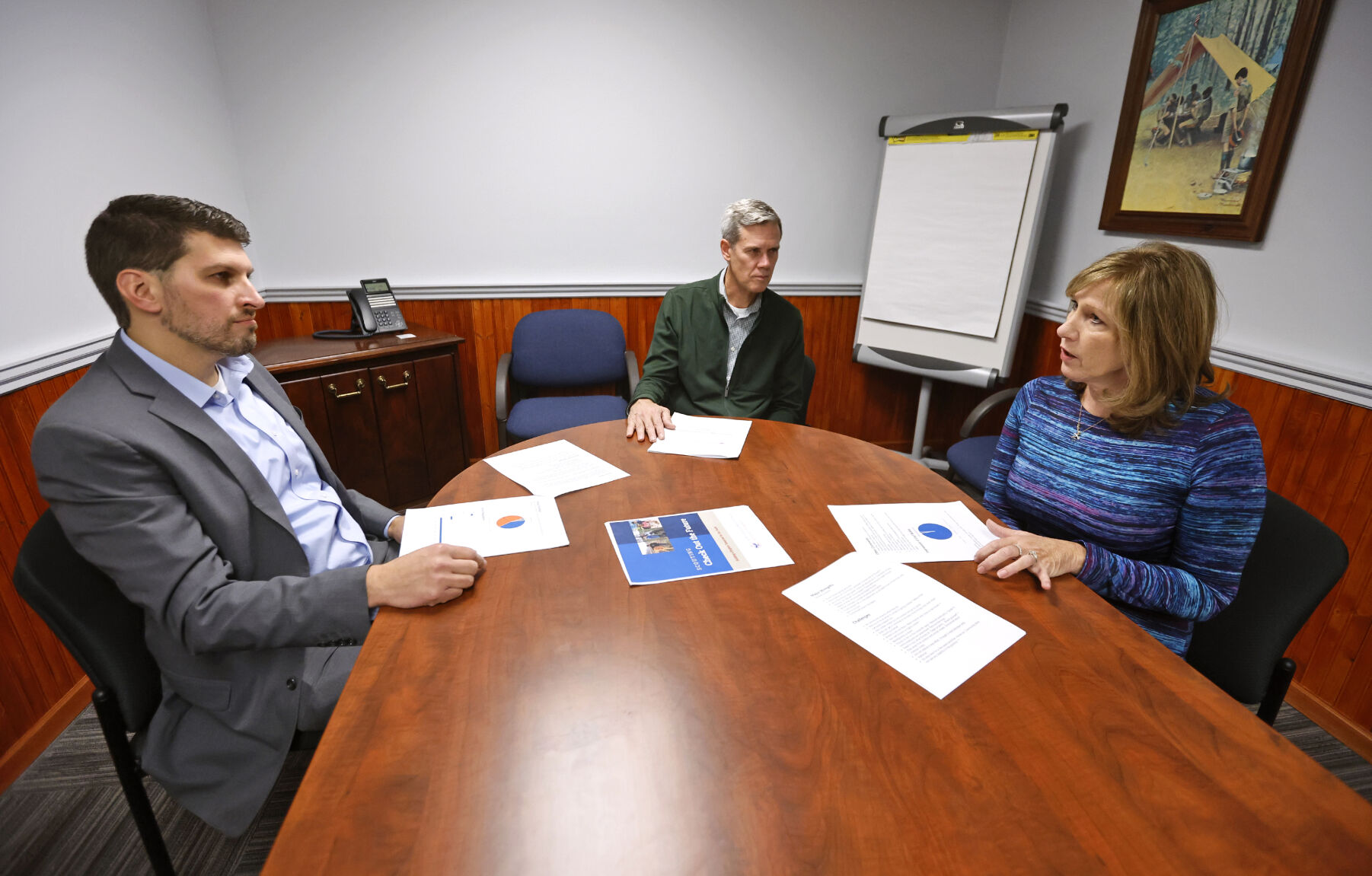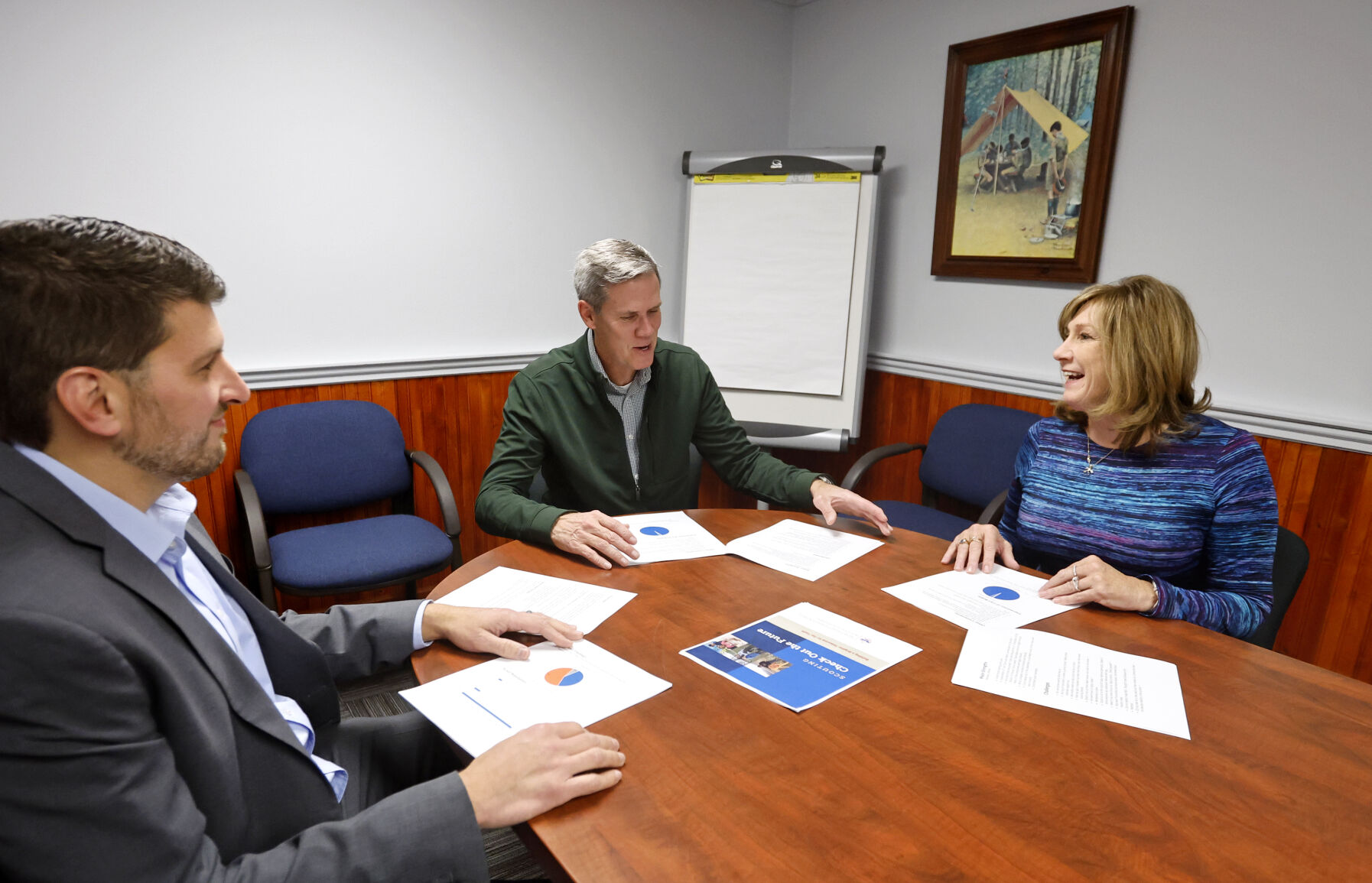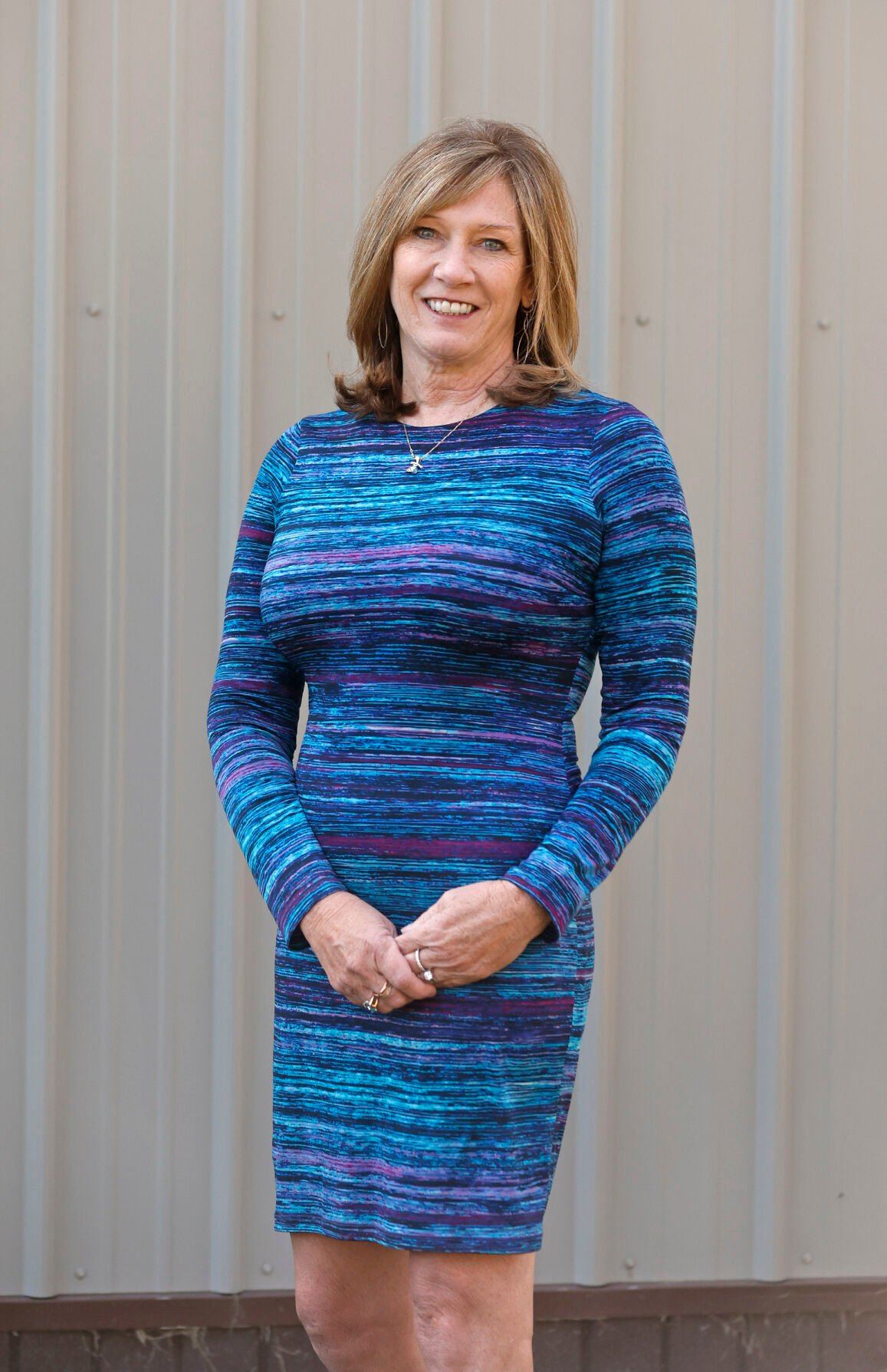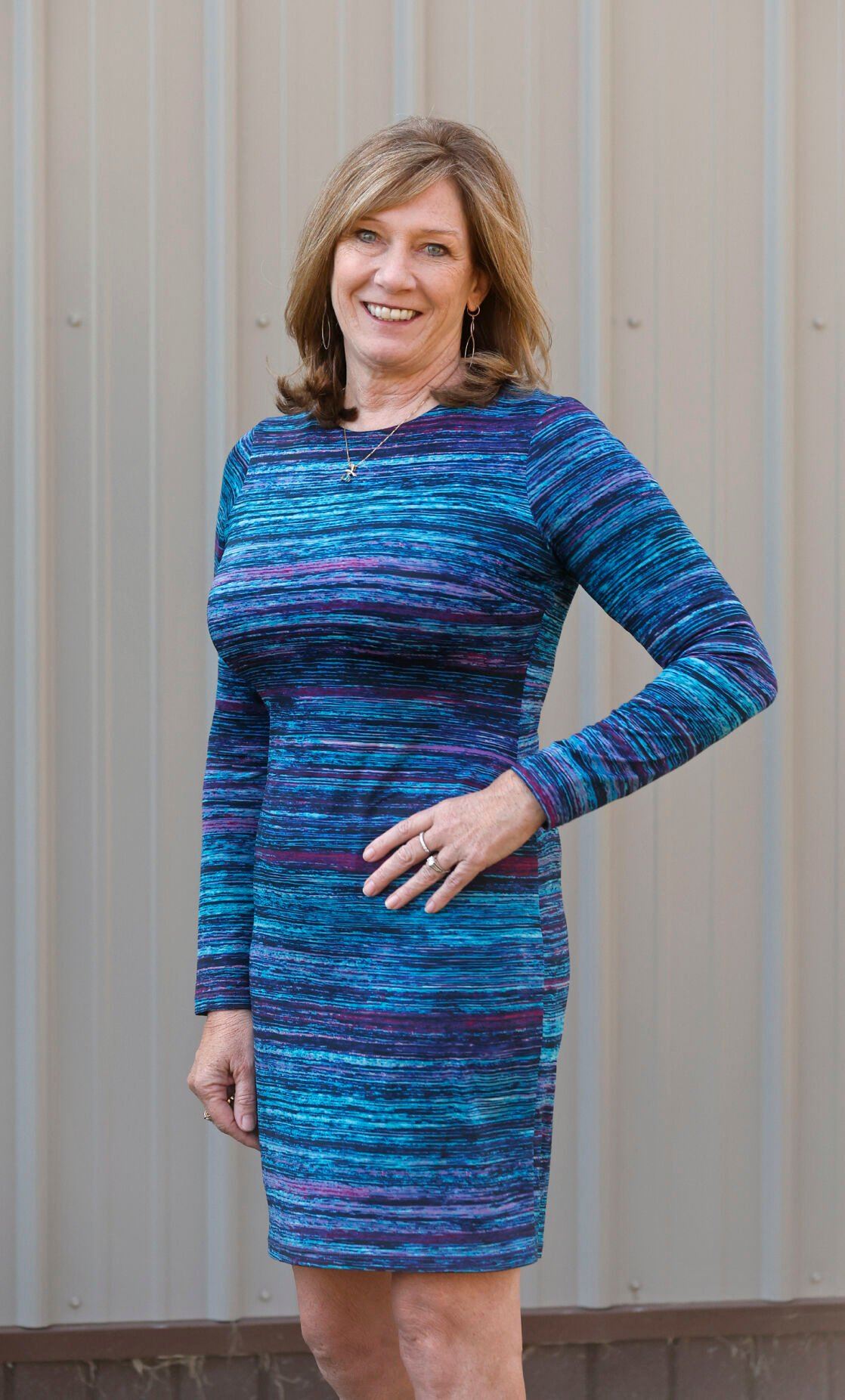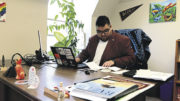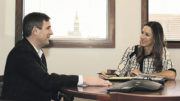Wendy Knight is the founder and collaborative strategist for Focus Forward, LLC. With 37 years of experience in health care, higher education and banking, she brings a wealth of expertise in organizational leadership, strategic thinking, revenue generation and best practices. Knight believes in applying sound business principles to help organizations become more effective and efficient in achieving their goals.
Tell us about your field and what attracted you to it.
With an unyielding passion for service and a commitment to bettering the world, my journey began in the realm of health care as a respiratory therapist. From that pivotal moment, there was no turning back. Now, as I set forth on the path of entrepreneurship, my consulting venture is poised to revolutionize the landscape. I am on a mission to empower small businesses and nonprofit organizations to forge a profound and lasting impact and growth.
What attracts me to this field is the opportunity to bring about positive change. I thrive on seeing organizations succeed and achieve their desired outcomes. My focus on results, action, and impact allows me to provide an objective and independent perspective that complements the insights of those affiliated with the organization. I am committed to relieving current staff burdens and providing the necessary structure, resources and discipline to drive progress.
How has your field changed in the time you’ve worked in it? How have you adapted? Over the years, I’ve witnessed several significant changes. Here are some of the key shifts and how I’ve adapted:
1. Increased emphasis on outcomes and impact:
Change: Nonprofits are now expected to demonstrate measurable outcomes and the impact of their programs.
Adaptation: I’ve integrated outcome-focused approaches into my strategies, emphasizing the importance of tracking and reporting tangible and meaningful results.
2. Technology advancements:
Change: Technology has become integral to nonprofit operations, including donor management, digital fundraising and data analysis.
Adaptation: I’ve stayed updated with the latest technologies, incorporating them into my work to enhance efficiency and effectiveness.
3. Shift toward collaboration and partnerships:
Change: Nonprofits will need to increase collaboration with other organizations and sectors to address complex issues and remove duplication.
Adaptation: I’ve honed my skills in building effective partnerships, recognizing that collective efforts often yield greater impact than individual initiatives.
4. Regulatory changes and compliance:
Change: Nonprofits face evolving legal and regulatory requirements, which demand constant vigilance and adaptability.
Adaptation: I’ve stayed informed about legal changes, ensuring that the organizations I work with remain compliant and well-prepared to navigate regulatory challenges.
Overall, my ability to adapt to these shifts has been crucial in remaining effective and relevant in the field. By staying agile, continuously learning and leveraging new tools and strategies, I’ve been able to help organizations navigate the evolving landscape and achieve their missions.
Is there a person or people who have had a tremendous impact on you? Yes, there have been several individuals who have had a tremendous impact on me throughout my career and life. Here are a few examples:
Colleagues and collaborators: I’ve had the privilege of working with incredibly talented and dedicated individuals. Their passion, creativity and work ethic have inspired me and contributed to my own growth and development.
Community leaders: Engaging with community leaders has been instrumental in broadening my perspective and deepening my commitment to service. Their passion and tireless efforts to make a positive impact have motivated me to do more.
Clients and partners: The organizations and individuals I’ve worked with as a collaborative strategist have taught me a great deal. Their diverse missions and challenges have provided unique learning opportunities, and their dedication to their causes has been both inspiring and humbling.
Family and friends: The support and encouragement of my family and friends have been a cornerstone of my journey.
Thought leaders and authors: Reading the works of thought leaders and authors in various fields has expanded my knowledge and shaped my approach to strategy, leadership, and business practices.
Undoubtedly, Dr. Liang Chee Wee stands as a singular figure of profound influence in my life. His exemplifications of humble, impassioned and servant-driven leadership, coupled with his insightful mentorship, have been a source of awe and inspiration.
Do you have any advice for young people and/or new graduates? Certainly.
Embrace continuous learning: Never stop learning. Seek out new experiences, take courses, attend workshops and read widely. The world is constantly evolving and staying curious will help you adapt and thrive.
Network: Build and nurture professional relationships. Networking can open doors to opportunities and provide valuable insights and mentorship. Attend community events and seek out professional memberships.
Set goals: Define both short-term and long-term goals. This will give you direction and a sense of purpose.
Stay flexible: Be open to new experiences and unexpected opportunities. Your career and or personal path might not follow a linear trajectory, and that’s perfectly fine.
Embrace failure to become resilient: Failure is a natural part of any journey to success. Use it as a learning experience and a stepping stone to greater achievements. It’s how you bounce back and learn from failure that defines your success.
Take care of your well-being: Physical and mental health are crucial. Make time for exercise, proper nutrition and relaxation.
Build a personal brand: Understand what sets you apart and how you want to be perceived professionally.
Stay curious and ask questions: Don’t be afraid to ask questions. Curiosity and a willingness to learn will serve you well in any field.
Be patient and persistent: Success rarely happens overnight. Stay committed to your goals and keep working towards them.
Balance work and life: It’s important to find a healthy balance between your professional and personal life. Burnout can be counterproductive in the long run.
Stay humble/laugh at yourself: No matter how successful you become, always remain humble and open to learning from others. Don’t let your ego get in the way of personal growth and meaningful connections with others.
Take risks: Don’t be afraid to step out of your comfort zone. Taking calculated risks can lead to unexpected opportunities and personal growth. Get comfortable with the uncomfortable.
Believe in yourself: Have confidence in your abilities and trust that you have what it takes to achieve your goals. If you don’t believe in yourself, no one else will!
Find your passion and purpose: Seek out work that aligns with your interests and values. When you’re passionate about what you do, it becomes easier to stay motivated and committed to making a meaningful impact.
Be proactive and take initiative: Don’t wait for opportunities to come to you. Take the initiative to seek out projects, volunteer for tasks and propose innovative ideas. Proactivity shows your dedication and leadership potential.
Maintain a growth mindset: Embrace challenges as opportunities for growth. Believe in your ability to develop new skills and overcome obstacles. A growth mindset fosters resilience and a positive outlook.
Remember, everyone’s journey is unique, so take the time to discover what works best for you. Keep a positive attitude, stay motivated and never underestimate the power of perseverance.
What have you found to be the most valuable resource for learning? Are you an on-the-job learner or do you prefer another way? What has worked for me is a combination of formal education, practical experience and self-directed learning through books and online resources.
Math vs. creativity. People person vs. introvert. Slow and steady vs. quick and nimble. Where do you fall on those divides? Do you believe there even is a divide? I do not see rigid divides but rather aspects of a person’s personality or approaches to various tasks. People are complex and can exhibit a range of characteristics and behaviors depending on the situation. Embracing a holistic view of these traits can lead to a more well-rounded and adaptable individual.
These traits and preferences are not necessarily mutually exclusive. They often complement each other and can be harnessed in different ways depending on the context. For example, someone who is quick and nimble might still benefit from a slow and steady approach for certain long-term projects. Similarly, a people person might find moments of solitude and reflection invaluable for deep thinking and creativity.
Ultimately, finding the right balance between these traits and preferences can be a powerful asset in personal and professional development. It’s about recognizing the strengths of each and leveraging them appropriately in different situations.
How has your professional life helped you grow as a person? My professional journey has been instrumental in shaping me as a person. Through the challenges, successes and experiences in my career, I’ve developed a strong work ethic, strategic thinking, innovative problem-solving skills and a heightened sense of responsibility.
Encountering different environments and cultures through my work exposed me to diverse perspectives and ways of doing things. This expanded my cultural competency and enhanced my ability to relate to and collaborate with people from various backgrounds.
Facing professional challenges also helped me develop resilience and adaptability. I learned how to navigate setbacks, reevaluate strategies and persevere towards achieving my goals. This resilience extended beyond the workplace and became a valuable trait in facing personal challenges as well.
Leadership opportunities have taught me to lead with empathy, inspire teams and foster a collaborative work environment while achieving outcomes.
Networking and building professional relationships were also instrumental in my growth. Engaging with mentors and peers provided valuable insights and guidance, while also teaching me the importance of giving back and mentoring others.
Overall, my professional journey has been a continuous learning process. It’s taught me to embrace change, seek out new knowledge and to approach challenges with confidence and determination. These lessons have not only shaped my career but have profoundly influenced my personal development as well.
Perhaps most importantly, my professional journey has underscored the importance of harmonizing ambition with a sense of purpose and individual well-being. It has taught me to value self-care, nurture meaningful relationships and uphold a balanced work-life equilibrium.
How do you strike a work/life balance? Set clear boundaries for work and play, set realistic expectations, plan, delegate as needed, say no to things that do not align with my values, disconnect from technology, unwind with vacations and celebrate success.
There is no perfect balance, and you might have to adapt and evolve your approach over time. The key is to find a rhythm and level of equilibrium that allows for both professional success and personal fulfillment.


